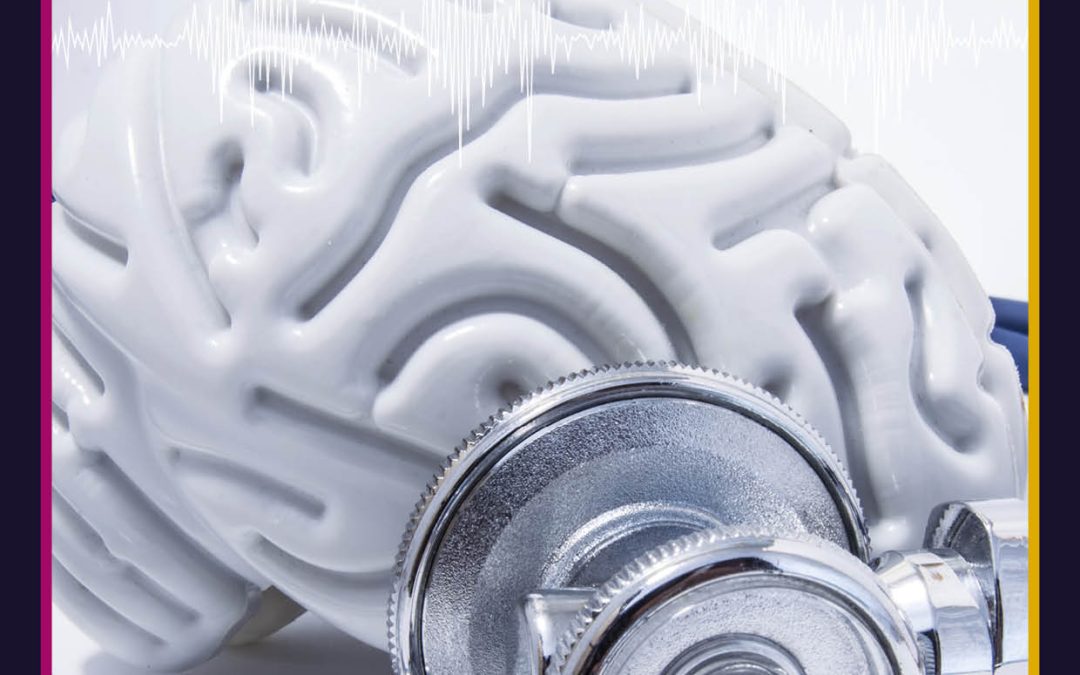
by admin | Feb 22, 2023 | business and economy, health and medicine
When considering proposed reforms of the US health care system, some physicians dismiss a single-payer system that would provide health care for all residents, as they believe their incomes would be reduced. In a recent study, Daniel Bryant, M.D., finds that state-based single-payer schemes may actually lead to increased personal incomes for physicians. His work also provides a template for evaluating the financial consequences for physicians within a single-payer health care system.

by admin | Jan 18, 2023 | health and medicine, social and behavioural sciences
The multi-theory model – or ‘MTM’ – of health behavior change provides a theoretical framework for understanding and promoting health behaviors. Professor Manoj Sharma from the University of Nevada, Las Vegas, has now applied this model to understand the factors that lead people to take up meditation – or ‘dhyana’ – and to maintain this health-related behavior over time. His findings confirm the utility of the MTM in informing behavior change interventions and open up important avenues for future research.

by admin | Jan 18, 2023 | health and medicine
Dr Julia Gresky of the German Archaeological Institute and her colleagues examined the frequency and content of accounts of ancient rare diseases in the paleopathological literature. By studying published records over the past 45 years, the researchers provide a long-term perspective on the reporting of rare diseases in archaeological contexts. Despite methodological advancements, their work shows that there is much still to be achieved in this fascinating but understudied field.

by admin | Jan 4, 2023 | health and medicine
In Australia, like in many countries, substance related disorders remain a pressing societal concern. The Australian government recently introduced a new framework to help regulate the quality of care provided and this has been reviewed by Simone Henriksen from the University of the Sunshine Coast. Her analysis highlights a variety of challenges that need to be faced and she provides critical recommendations to support the implementation and sustained usage of the new framework.

by admin | Dec 21, 2022 | health and medicine
An estimated 69 million people worldwide are currently living with traumatic brain injury (TBI). TBI can lead to short- and long-term conditions including sleep disorders, depression, headaches and an increased risk of suicide. TBI has recently been recognised as a chronic condition, although the human factors involved in recovery remain understudied. Working to address this is Professor Barrett S. Caldwell who leads the GROUPER Laboratory at Purdue University, USA.

by admin | Dec 20, 2022 | health and medicine
Increased use of organophosphate chemicals in industry, agriculture and warfare has led to a rising threat of exposure to these neurotoxins in civilian and military populations. Though their danger has been recognised and efforts made to decrease concentrations used, even at low doses these chemicals can still pose significant risks to exposed individuals. Finding effective treatments to counteract the impact of exposure is becoming increasingly important and is the focus of research by Professor Nadezhda Sabeva and Professor Peter Ferchmin at the Universidad Central del Caribe, Puerto Rico.






